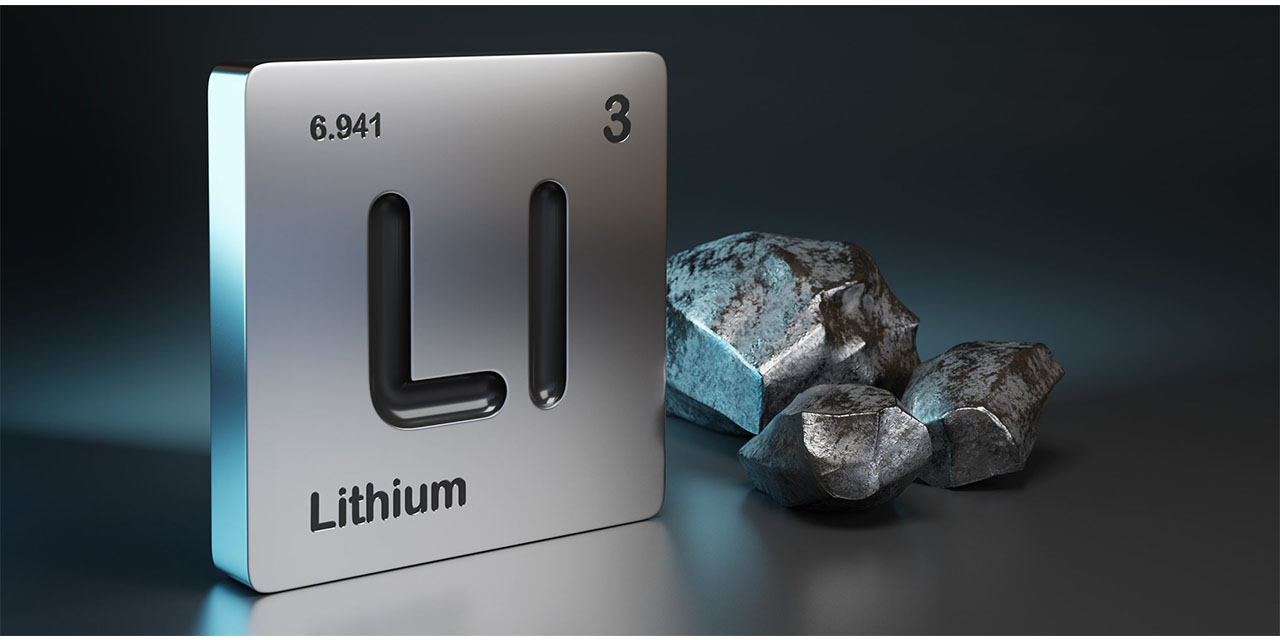CHAMWE KAIRA
While the focus in recent weeks has been the controversies surrounding the revocation of the lithium mining issued to Xingfeng investments by Minister of Mines and Energy, Tom Alweendo data obtained from the Chamber of Mines of Namibia show more companies are looking for lithium in Namibia.
The demand for lithium has increased as the auto industry shifts towards electric vehicles (EVs) – spurred by proposed bans on fossil-fuel cars. China is the world’s top lithium refiner.
One of the companies looking for lithium is Lepidico, which is a global lithium exploration and development company that is listed on the Australian Stock Exchange (ASX), with offices in Toronto, Canada, and Perth, Australia.
Lepidico says its unique point of difference in the lithium space is its proprietary processing technology, which focuses on lepidolite and other lithium micas. These are the dominant minerals at the Rubicon and Helikon pegmatites in the Karibib region of Namibia.
In 2022, Lepidico made significant progress on appointing personnel to progress exploration and advance project development.
The company says its EPL 5439 was successfully renewed and the company immediately progressed an exploration programme on this licence area. Further drilling was carried out to update the mineral resource estimates to measured and indicated from Inferred for in situ mineralisation and old stock piles.
Another company looking for lithium is Namibia Critical Metals Inc. (NMI) is a public company listed on the Toronto Stock Exchange. NMI holds a diversified portfolio of exploration and advanced stage projects in Namibia focused on the development of sustainable and ethical sources of metals for the battery, electric vehicle, and associated industries. Gecko Exploration (Pty) Ltd. manages all exploration activities of Namibia Critical Metals in Namibia.
Bannerman Energy Limited became the biggest shareholder in NMI after acquiring 82,290,680 common shares (41.8%) of NMI. The NMI share acquisition by Bannerman offers significant strategic alignment and development synergies with Bannerman’s flagship Etango Uranium Project.
NMI’s Lofdal rare earth deposit has the potential for significant production of dysprosium and terbium, two of the most valuable heavy rare earth elements
The Lofdal Heavy Rare Earths Project is the company’s most advanced project. Lofdal is developed in joint venture with the Japan Organization for Metals and Energy Security.
Before its regulatory and legal troubles, the Xingfeng mine was extracting lithium ore for exportation purposes and the commodity was destined for Xingfeng’s production plant in China. By September 2022, the Port of Walvis Bay has exported 25 000 tons of Lithium Ore to China with an additional 50 000 tons shipped in October of last year.
According to Benchmark Mineral Intelligence, the overall market for Lithium is currently at 200,000 tonnes and estimates a growth in demand of 800,000 tonnes by 2025.
The batteries segment is forecasted to grow to between 65% and 70%. Currently the major lithium producing areas of the world are Western Australia and South America and much of this ends up in China for further processing into battery grade lithium chemicals.




